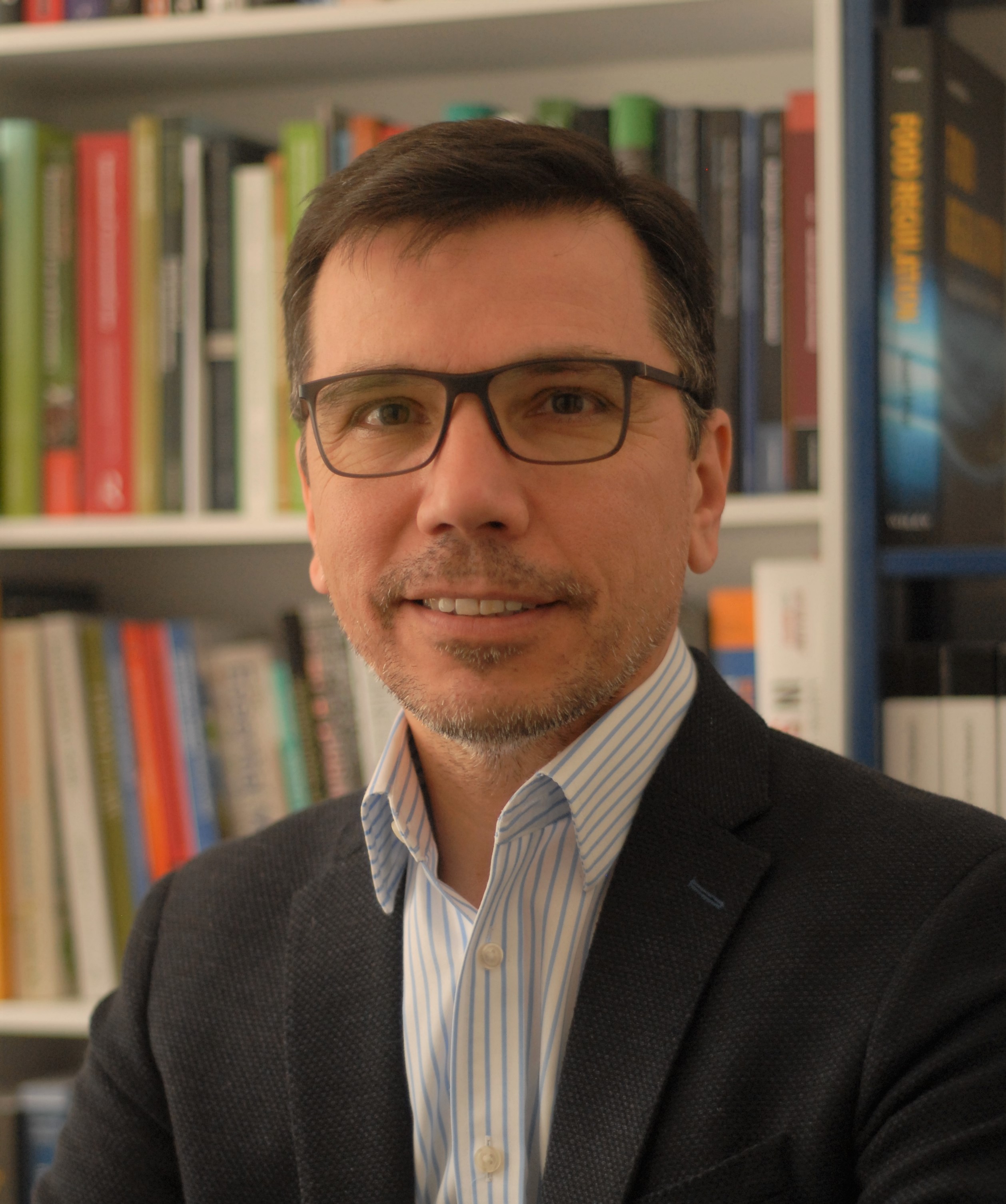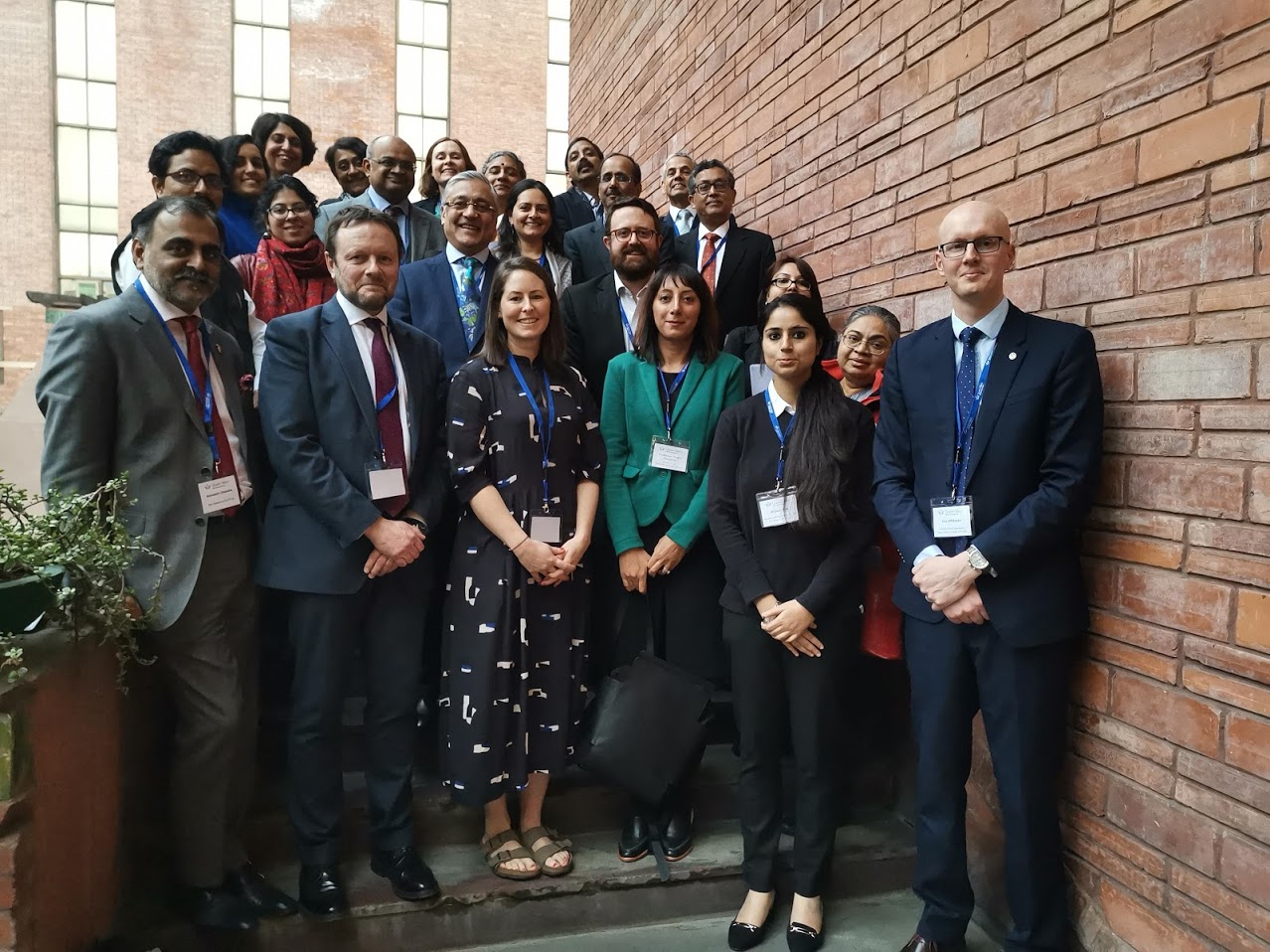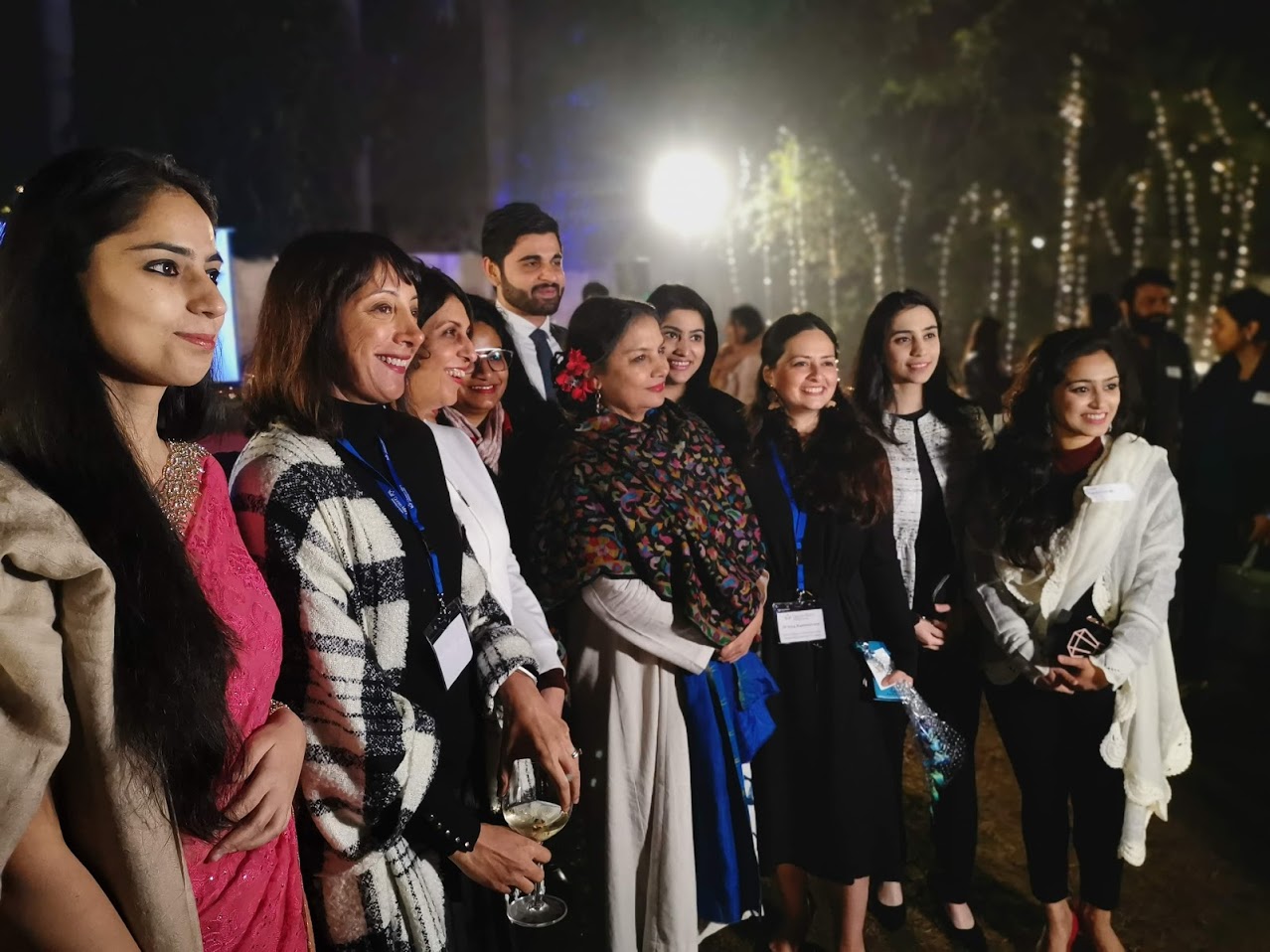Resilient Futures India Initiative
The Resilient Futures India Initiative (RFII) open partnership is building relationships between Indian and UK academic, civil society, policy and industry leaders to design durable solutions for enhancing lives, communities, and systems in contexts of uncertainty.
RFII focuses on the key resilience challenges facing India today, co-creating programmes for research and identifying opportunities for intervention, both in India and in the UK. The initiative drives interdisciplinary research on resilience in areas such as urbanisation, gender equality, health, environmental sustainability, infrastructure and legal frameworks.
Key aims
- Develop and deliver innovative and impactful interventions for enhancing resilient lives, communities and systems in contexts of uncertainty in India and the UK.
- Build sustainable research partnerships that harness local and global knowledge and ensure appropriate and durable solutions.
- Design and deliver agenda setting research that responds to challenges and informs evidence-based policy.
- Build multidisciplinary collaborative research teams and enhance UK-India research capacity.
Surviving Violence: Everyday resilience and gender justice in rural-urban India
This multidisciplinary project aims to address the gap between law and policy and access to support services and justice for domestic violence victims in India. Despite legal initiatives to combat Domestic violence in India since 2005, civil society reports little progress in reducing the issue. As a result, women are turning to informal, non-legal strategies and networks in order to cope, build resilience and seek justice.
The project draws on existing civil society-academic partnerships across three states in India. The team will critically examine how Domestic violence victim-survivors access legal and non-legal services across a continuum of rural-urban sites by engaging participatory and feminist legal research methodology. It is crucial to centre experiences and narratives of Domestic violence victims-survivors, this approach will enable us to understand the socio-economic and political context in which Domestic violence takes place and inform the development of evidenced based policy reform.
Research team
Dr Fernando Barrio, Senior Lecturer in Business Law, Queen Mary University of London
Professor Shazia Choudhry, Law, Queen Mary University of London
Dr Girija Godbole, Institute for Technology-Bombay (now Mumbai)
Funding
This project was awarded funding under the British Academy’s GCRF 2019 Heritage, Dignity and Violence programme.
Project Duration
18 November 2019 - 17 November 2021.
Towards a sustainable future in low and middle income countries: Enhancing resilience and mental well-being in children and adolescents through an integrated school- and family-based approach
Approach
This project in development concerns multi-sited and co-produced research on enhancing the resilience and mental health of children and adolescents through an integrated societal, school and family-based intervention. The research addresses emerging development challenges around mental well-being in UK, India and Kenya and a number of the United Nations Sustainable Development Goals, in particular Goal 3: Good Health and Well-Being.
The intervention builds on and expands previous models of life skills education to include an integrated family-based focus. This model of mental well-being emphasises family resilience as the driver for better mental health. With further funding this project will facilitate the development of a life skills education model that focuses on family-based approaches and resilience in the contexts of India and Kenya, and other Low- and Middle-Income Countries (LMICs).
Project team
Professor Kamaldeep Bhui, FRCPsych, CBE, Centre for Psychiatry, Wolfson Institute of Preventive Medicine, Barts and The London School of Medicine and Dentistry, Queen Mary University of London.
Professor Debasish Basu, MD, DNB, Department of Psychiatry, Postgraduate Institute of Medical Education & Research, Chandigarh, India.
Professor David Ndetei, Department of Psychiatry, University of Nairobi and Africa Mental Health Research and Training Foundation, Nairobi, Kenya.
Dr. Sugandha Nagpal, Assistant Professor, Jindal School of International Affairs, OP Jindal Global University, Sonipat, Haryana, India.
Dr. Victoria Mutiso, Africa Mental Health Research and Training Foundation, Nairobi, Kenya.
Dr. Philippa Williams, Senior Lecturer, School of Geography, Queen Mary University of London.
Dr. Shubnum Singh, Director Medical Education, Medical Research & Advisor- Healthcare Framework Max Healthcare Institute Ltd., India.
Zelna Lauwrens, The Kids Life Studio® and The Kids Life Coach Academy, South Africa
Dr. Renjith R. Pillai, PhD, Assistant Professor of Psychiatric Social Work, Department of Psychiatry, Postgraduate Institute of Medical Education & Research, Chandigarh, India.
Kristin Hadfield, Lecturer in Positive Psychology, School of Biological and Chemical Sciences, Queen Mary University of London.
Health systems and migration
Migration, mobility and displacement are critical social and structural determinants of health. Policy debates on migration and refugee health have witnessed a new momentum with recent developments at the World Health Assembly, including a resolution for member states to prioritise and strengthen migrant and refugee health within national contexts, the establishment of a global framework of priorities and guiding principles (2018), and a draft Global Action Plan (2019). Likewise, the recently adopted UN political declaration to achieve Universal Health Coverage: Moving together to build a healthier world reaffirms health as a precondition for sustainable development, and makes a strong commitment to achieve universal health coverage by 2030.
These two concurrent developments provide the context for our research and offer a useful context for convergence of two disparate fields of scholarship - health systems governance and that of migration governance - to enable a focus on building resilient health systems that have a universal premise and an equity and rights-oriented approach.
Both documents foreground a gender and social equity agenda aligned with the 'leave no one behind' goal enshrined in the sustainable development agenda; calling for an intersectional approach to examine 'who' are left behind and institutions and structures that underpin exclusion of specific populations groups (indigenous populations, poor, migrants) from healthcare.
Key contacts

Academic Lead

